Dhaka, Bangladesh's densely populated capital, has secured the third position on the list of cities with the worst air quality, registering an AQI index of 156 at 9 am today (May 10, 2024).
The air quality for the day was categorized as 'unhealthy', a slight improvement from the previous day's classification as 'very unhealthy', where Dhaka claimed the top position among the most polluted cities.
According to the air quality index, an AQI value between 50 and 100 indicates 'moderate' air quality, while readings between 101 and 150 are considered 'unhealthy for sensitive groups', and values between 150 and 200 are labeled 'unhealthy'. Readings exceeding 200 are deemed 'very unhealthy', posing severe health risks to residents.
Leading the list are India’s Delhi, Pakistan’s Lahore, and Vietnam’s Hanoi, with AQI scores of 163, 163, and 155, respectively.
The AQI serves as a vital tool for assessing daily air quality, offering insights into the cleanliness or pollution levels of a city's air and the potential health effects associated with it.
In Bangladesh, the AQI is determined based on five pollutants: particulate matter (PM10 and PM2.5), NO2, CO, SO2, and ozone.
Dhaka has long grappled with air pollution challenges, typically experiencing unhealthy air quality during winter months, which tends to improve during the monsoon season.
According to the World Health Organization (WHO), air pollution claims approximately seven million lives globally each year, primarily attributed to increased mortality from various respiratory and cardiovascular diseases.



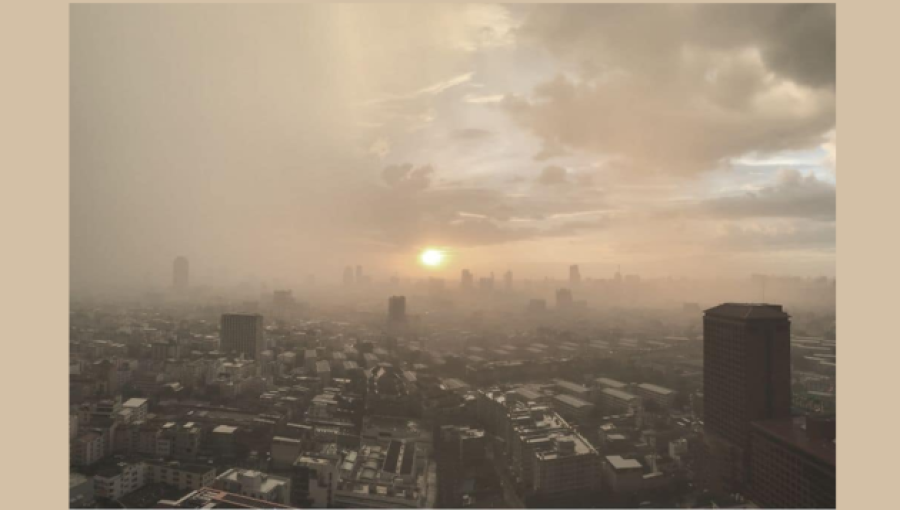
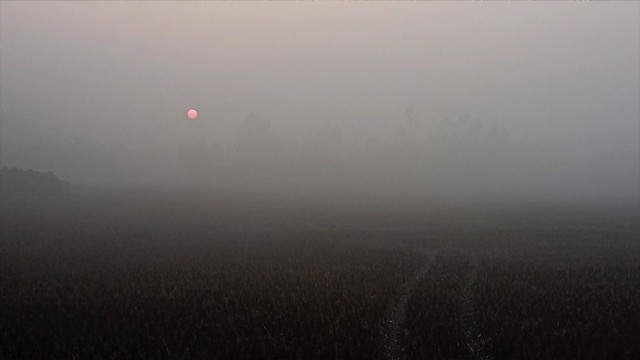
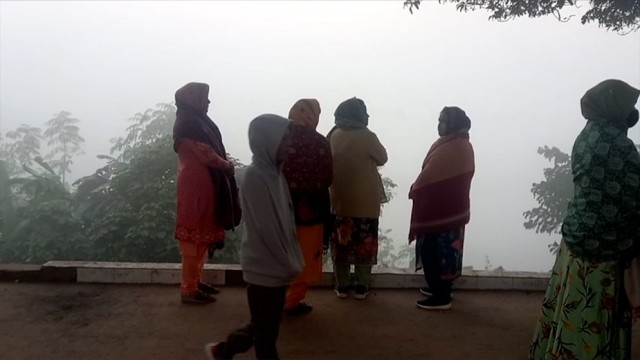
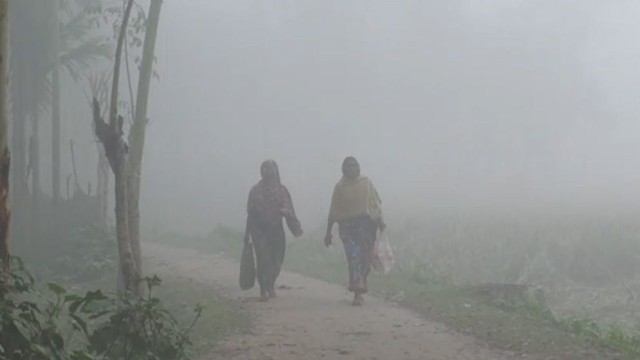
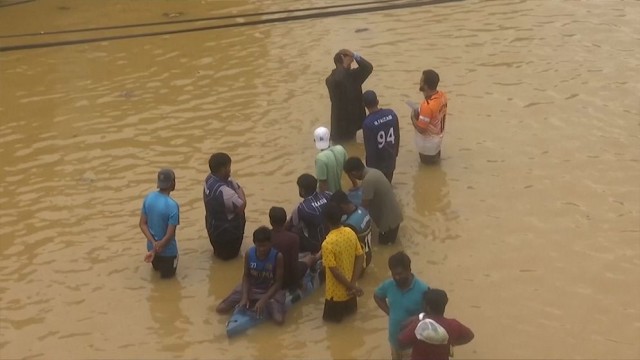

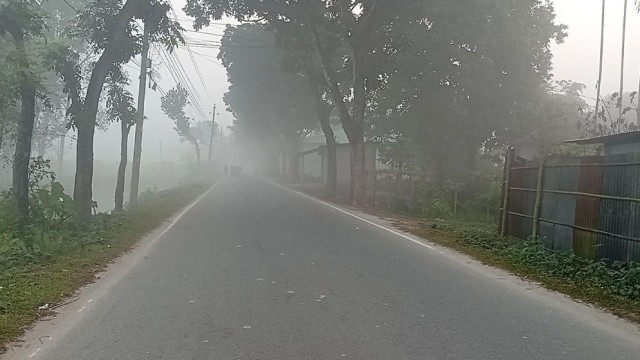




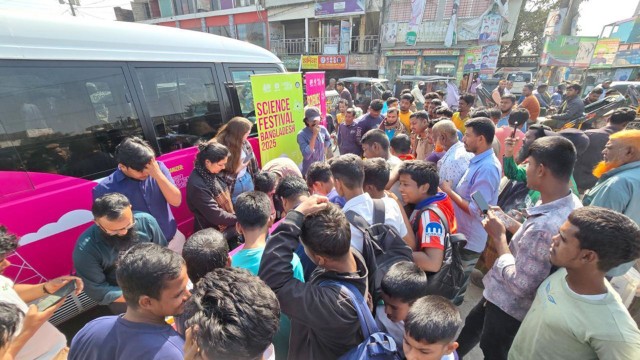



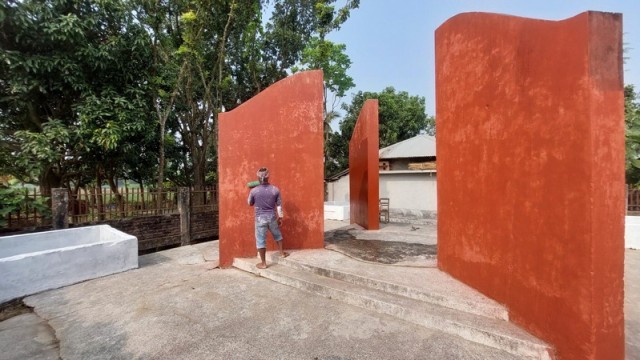



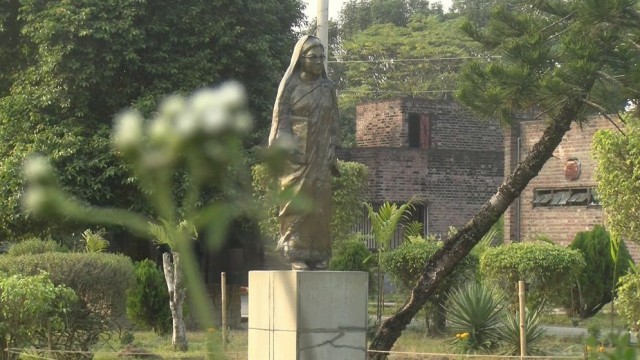
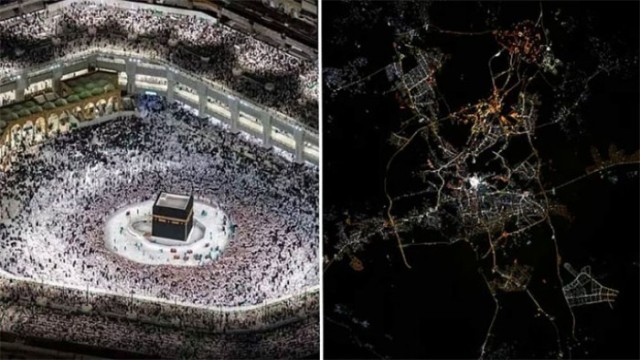







Comment: